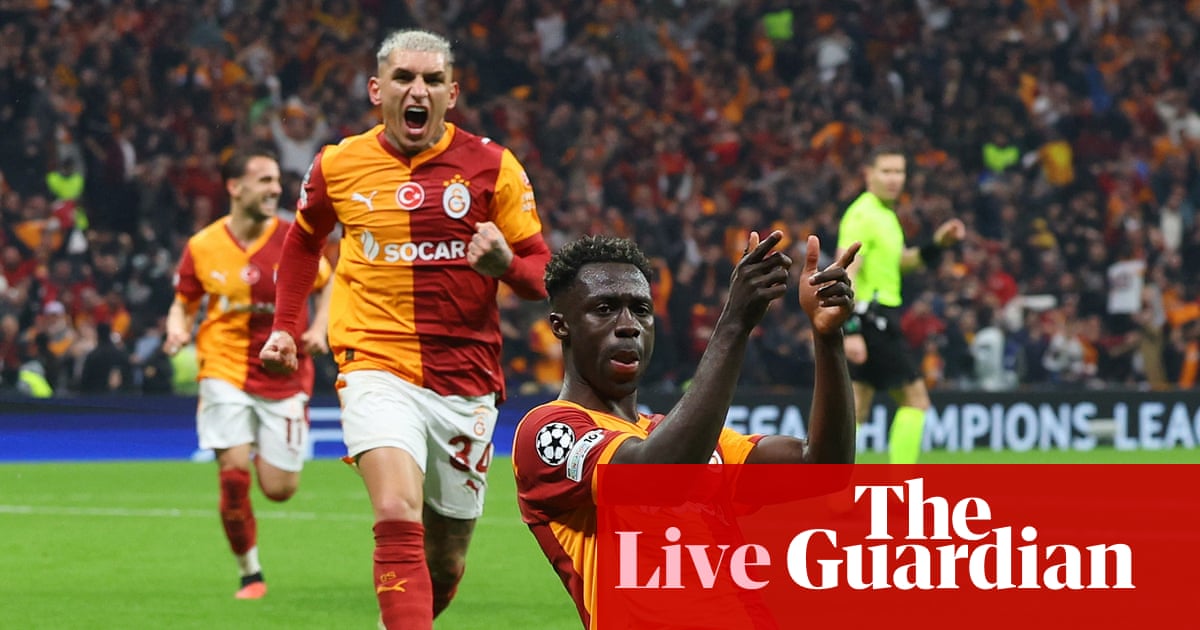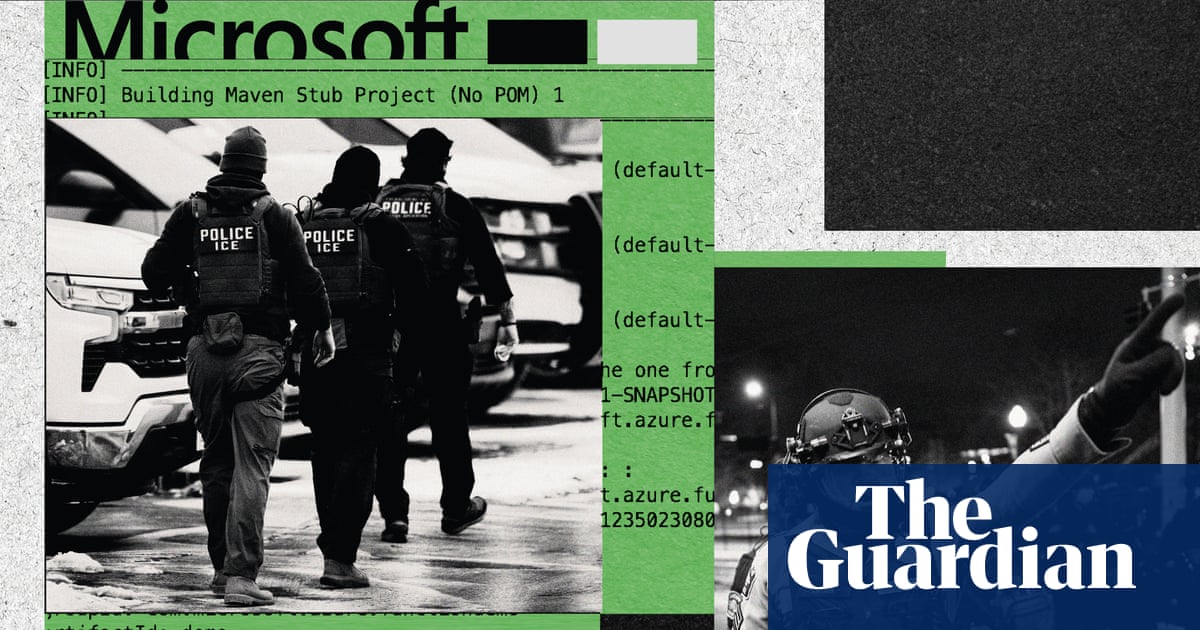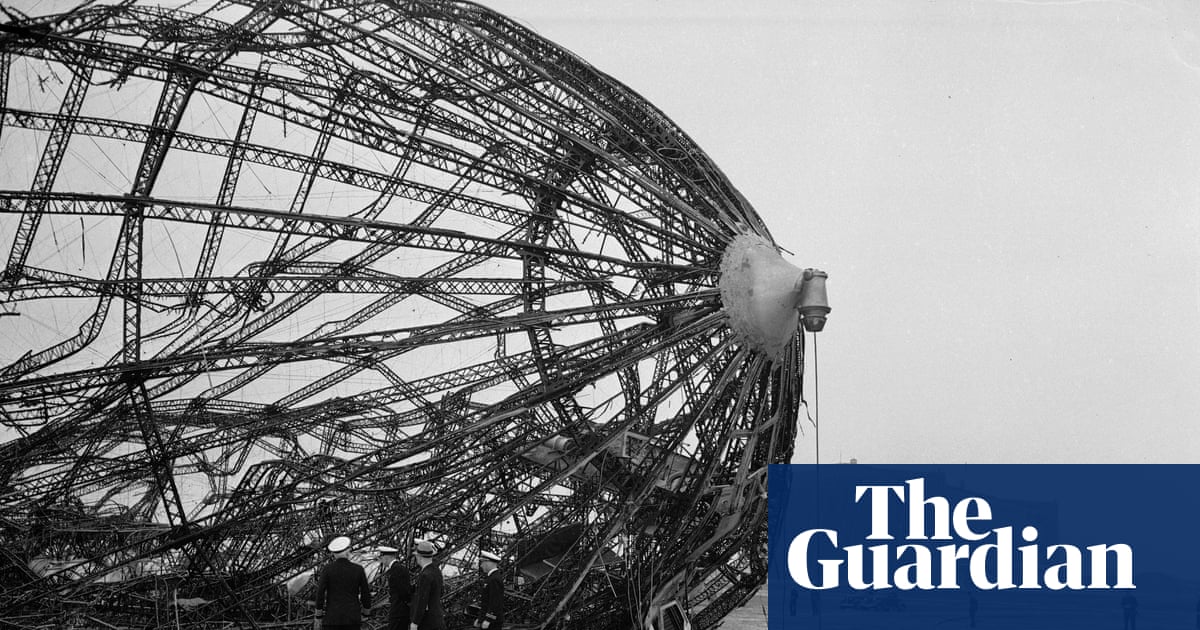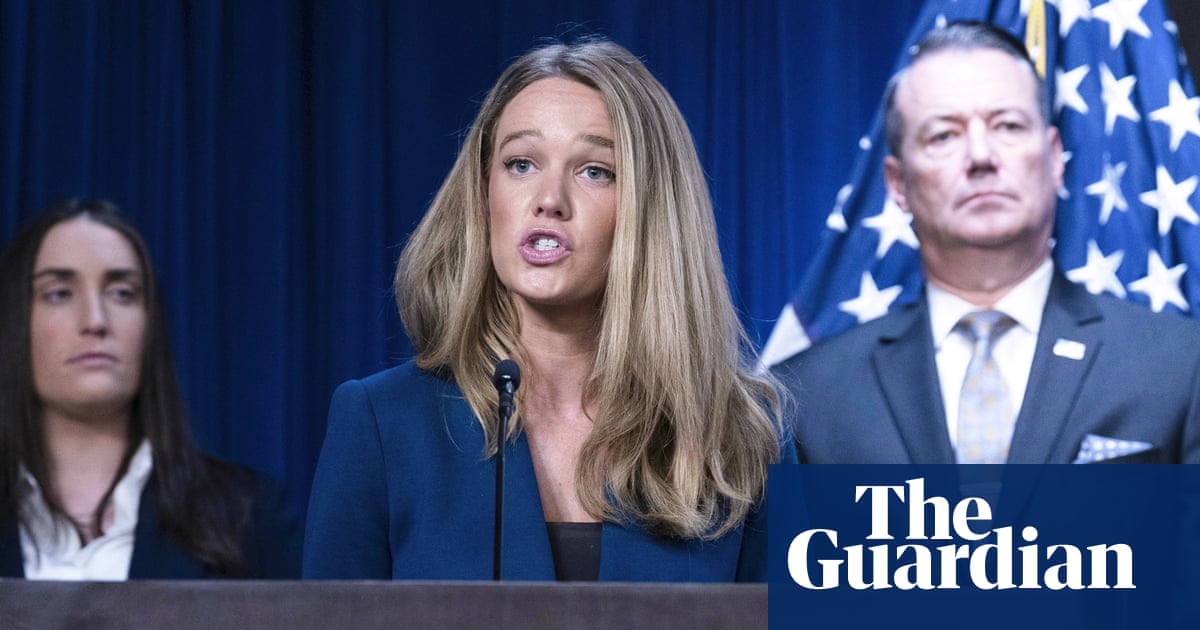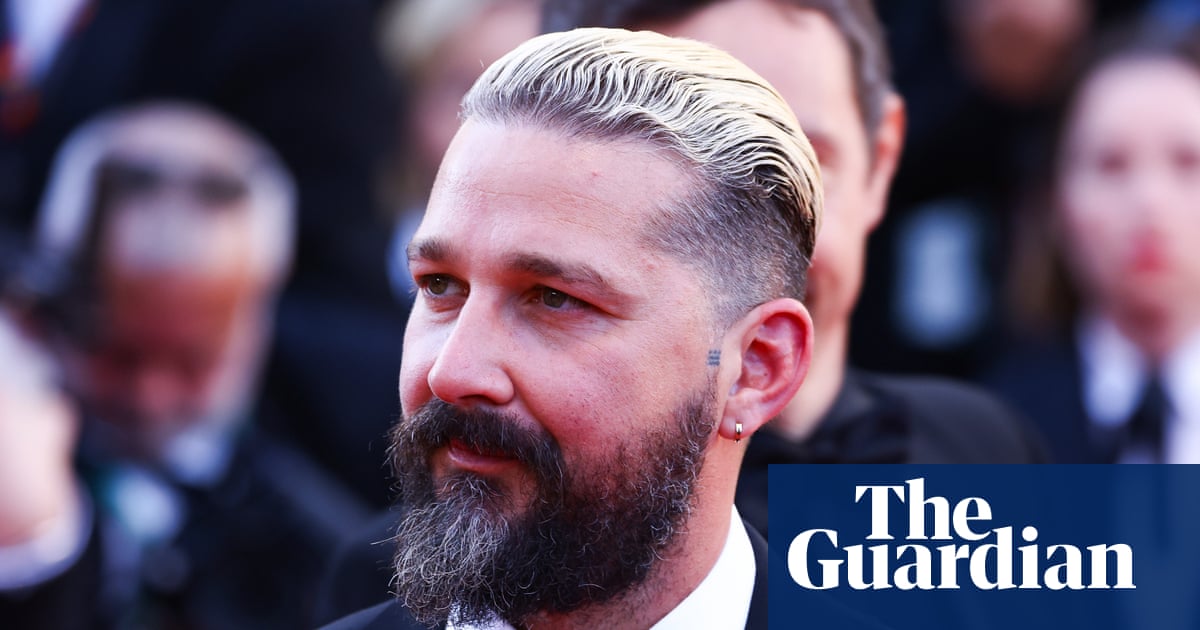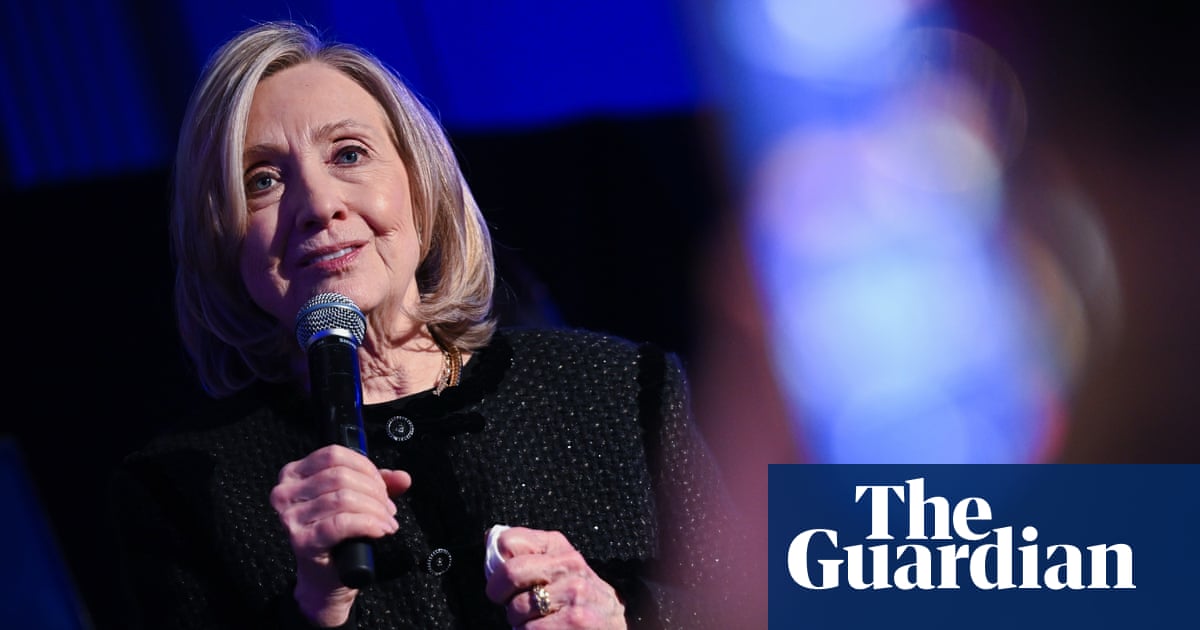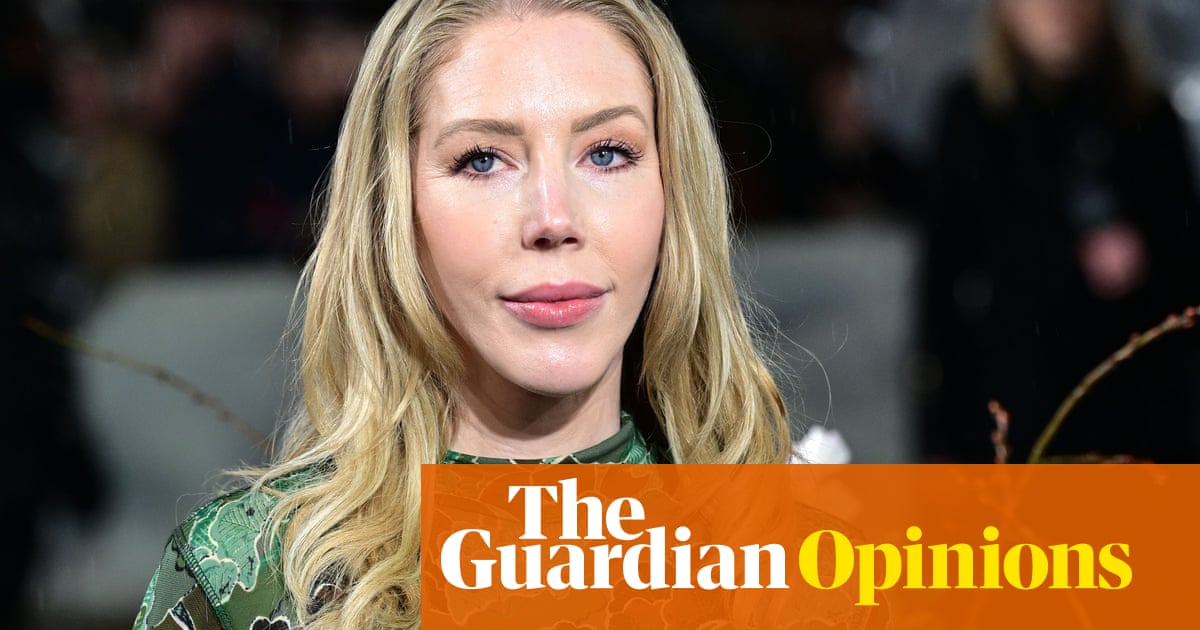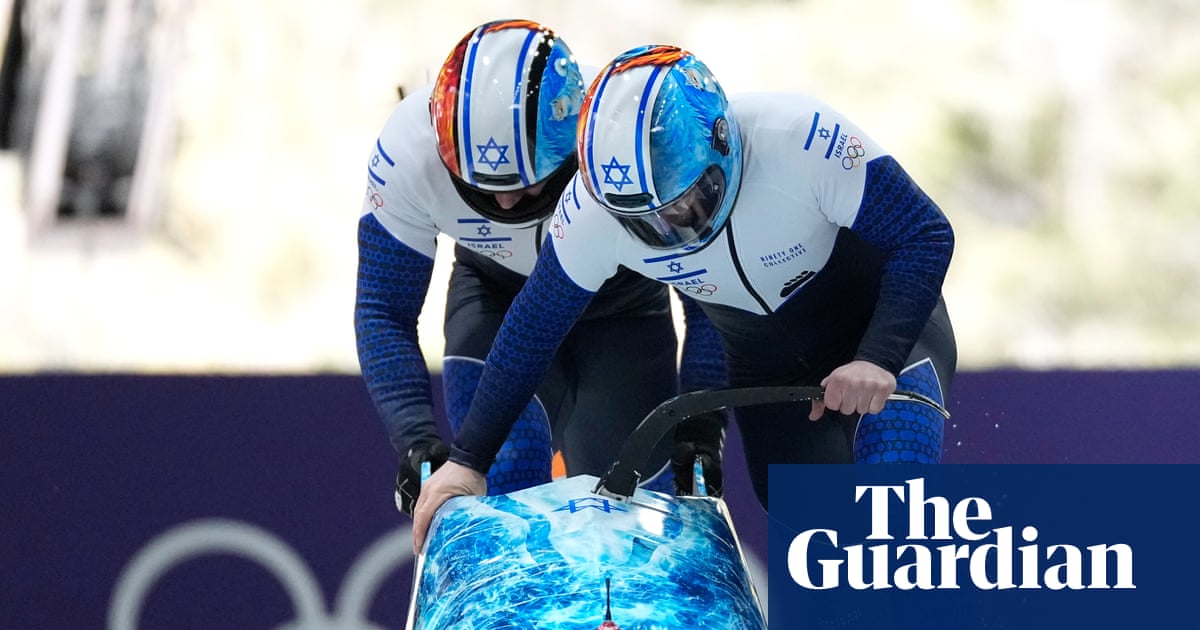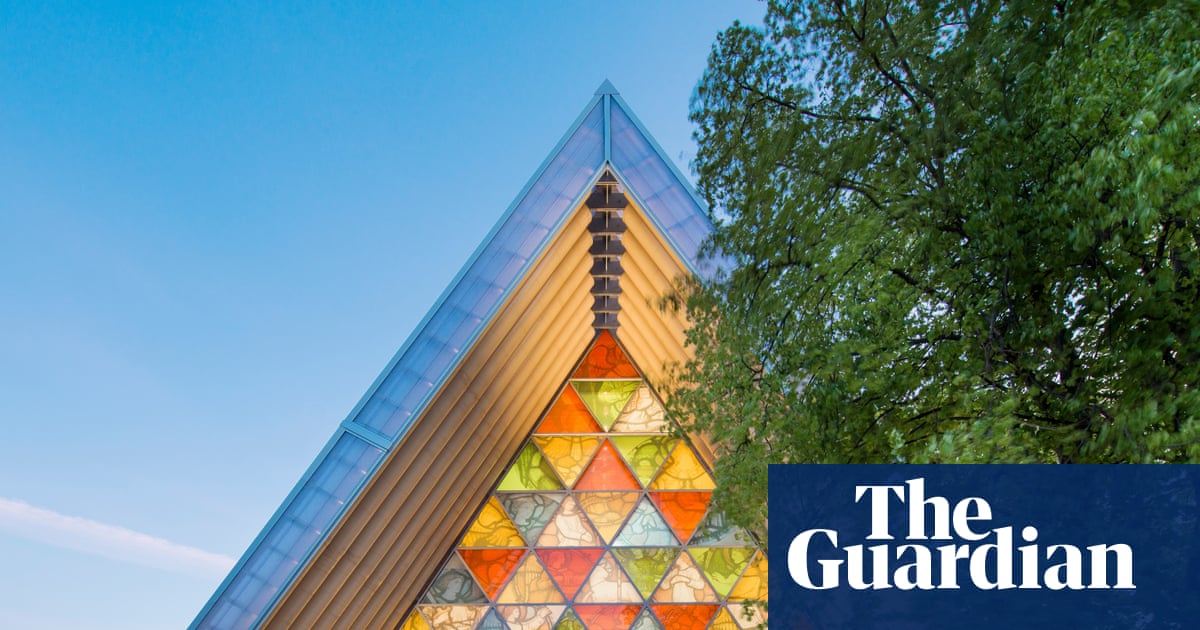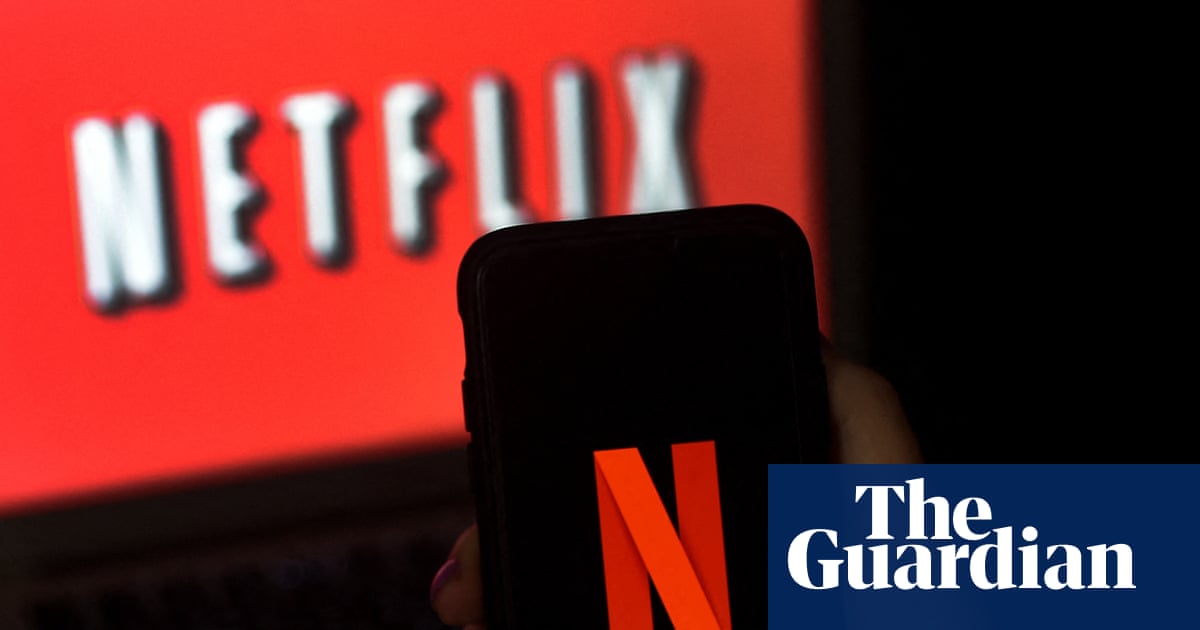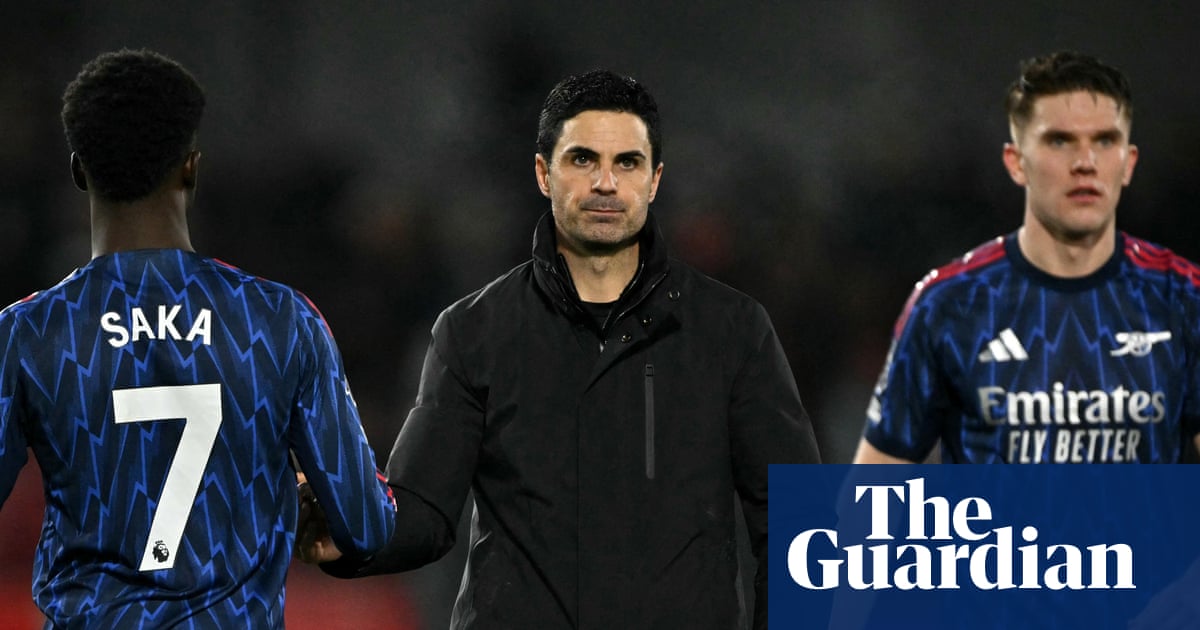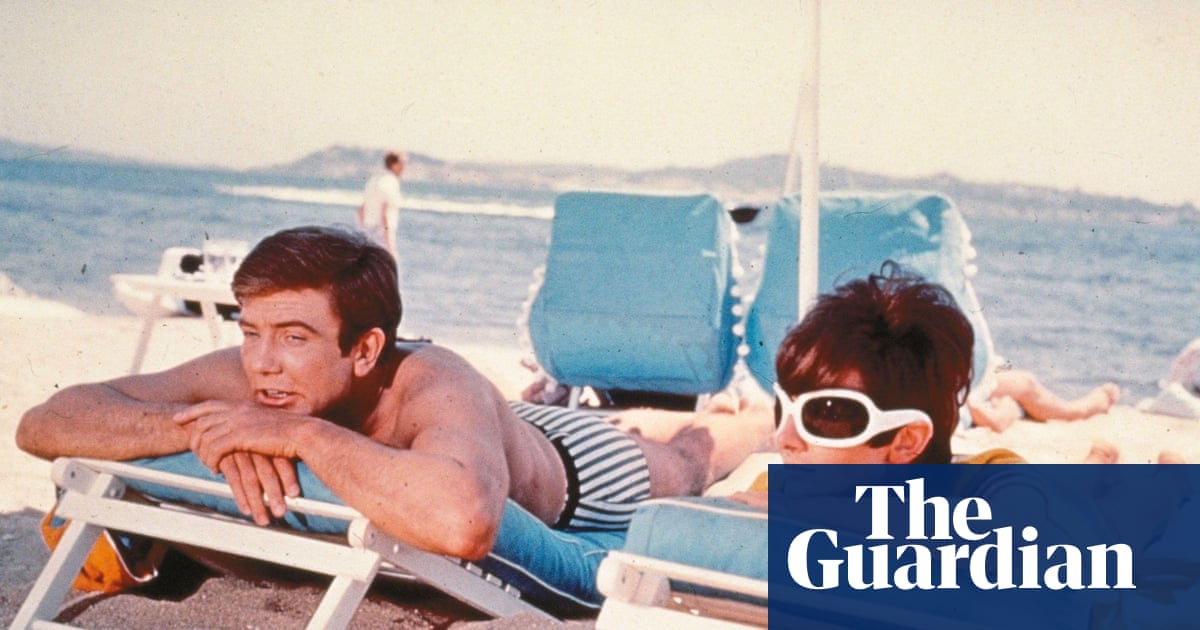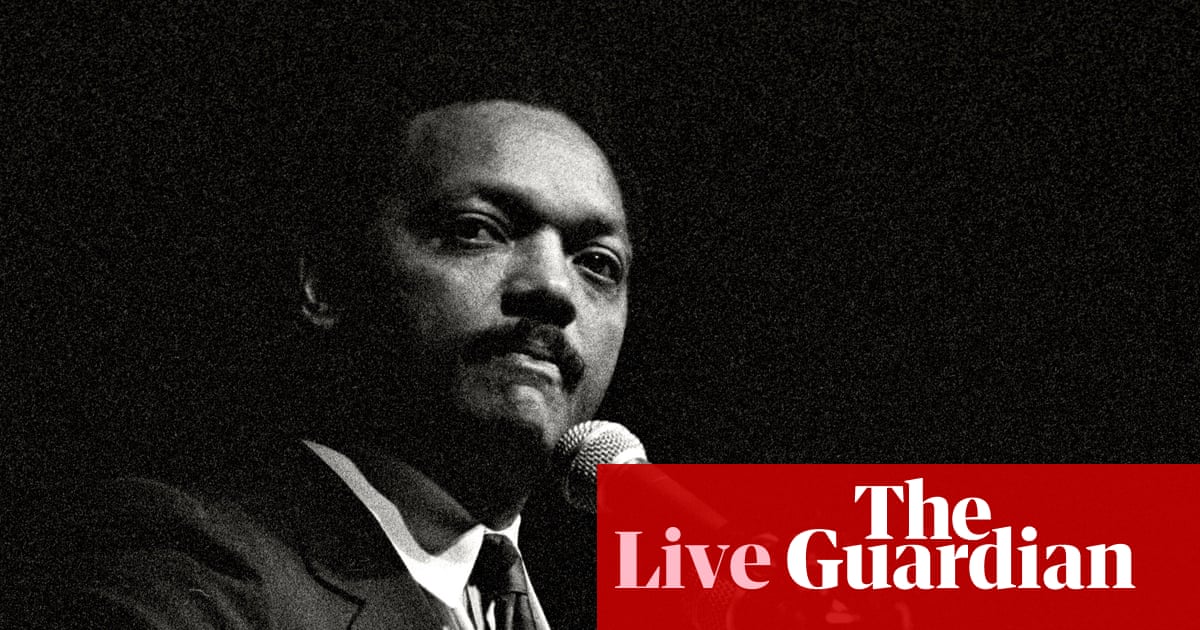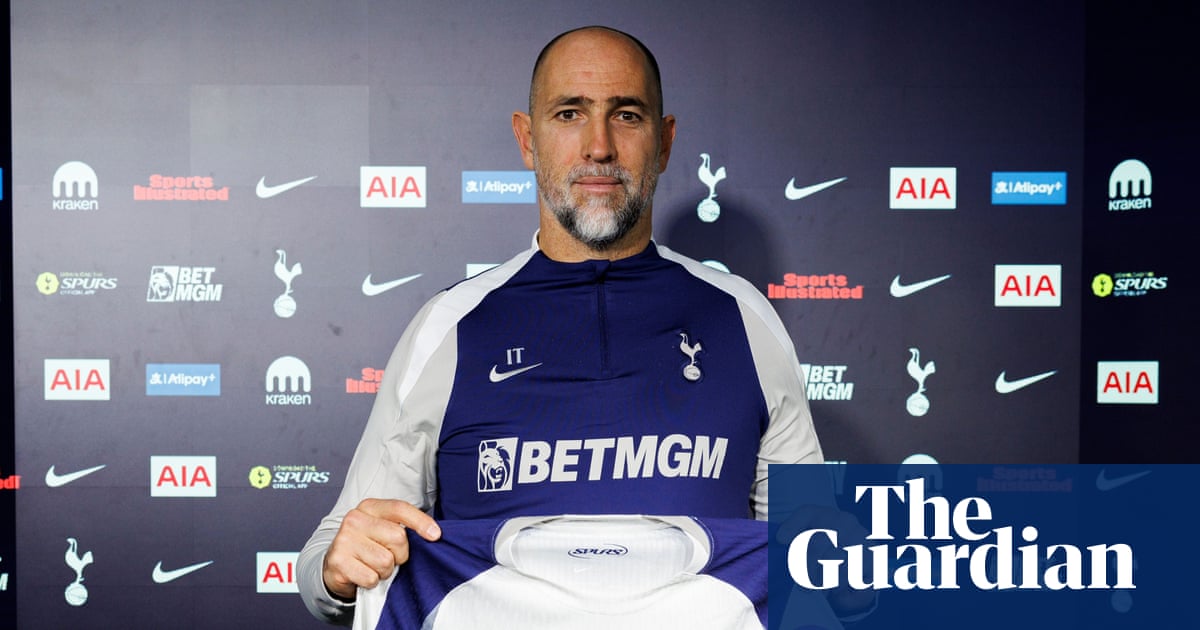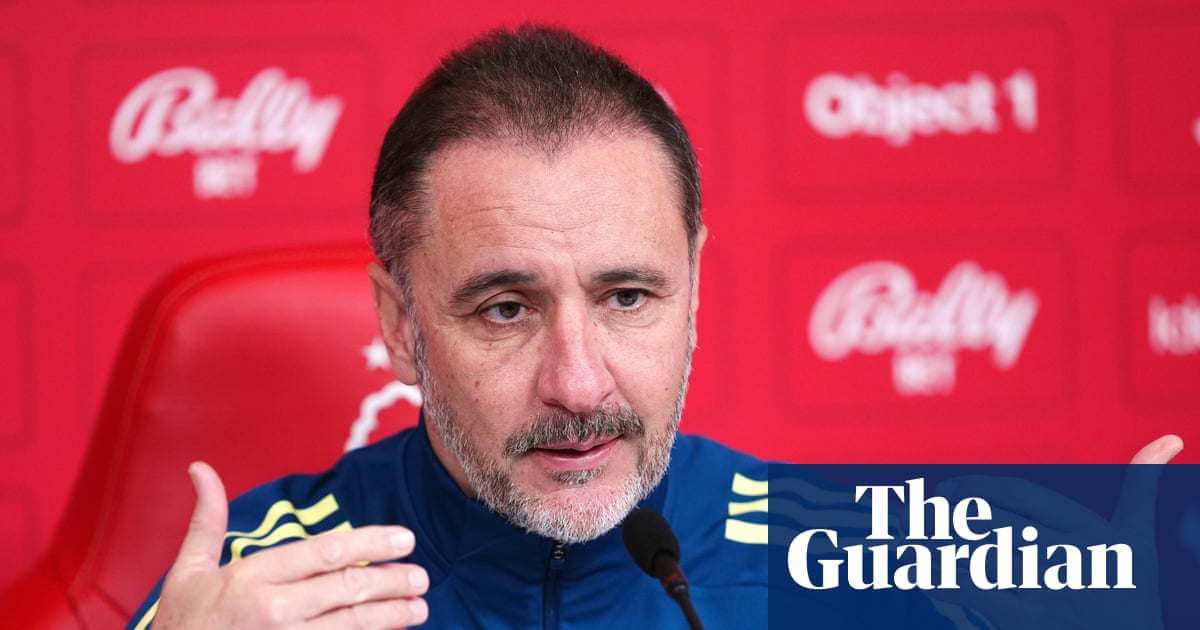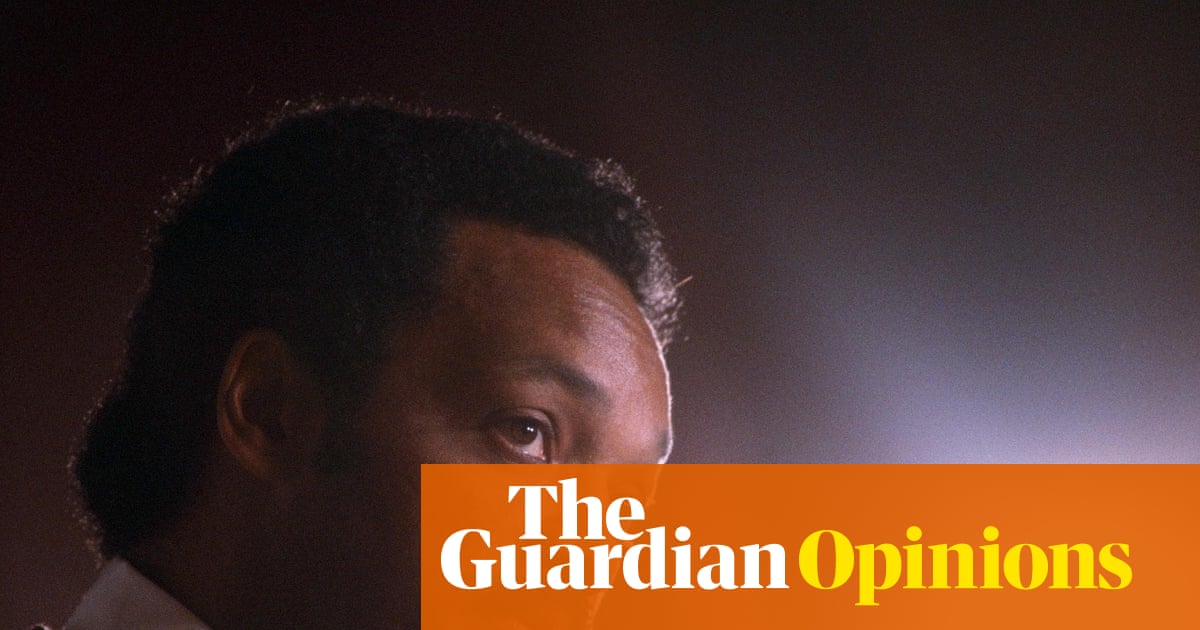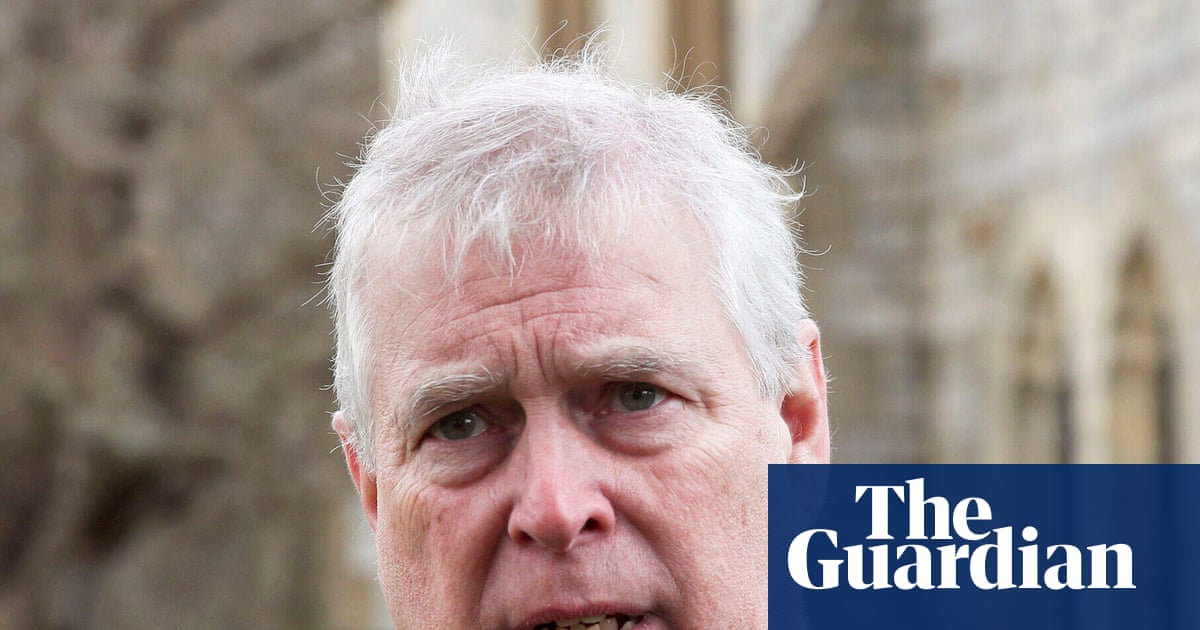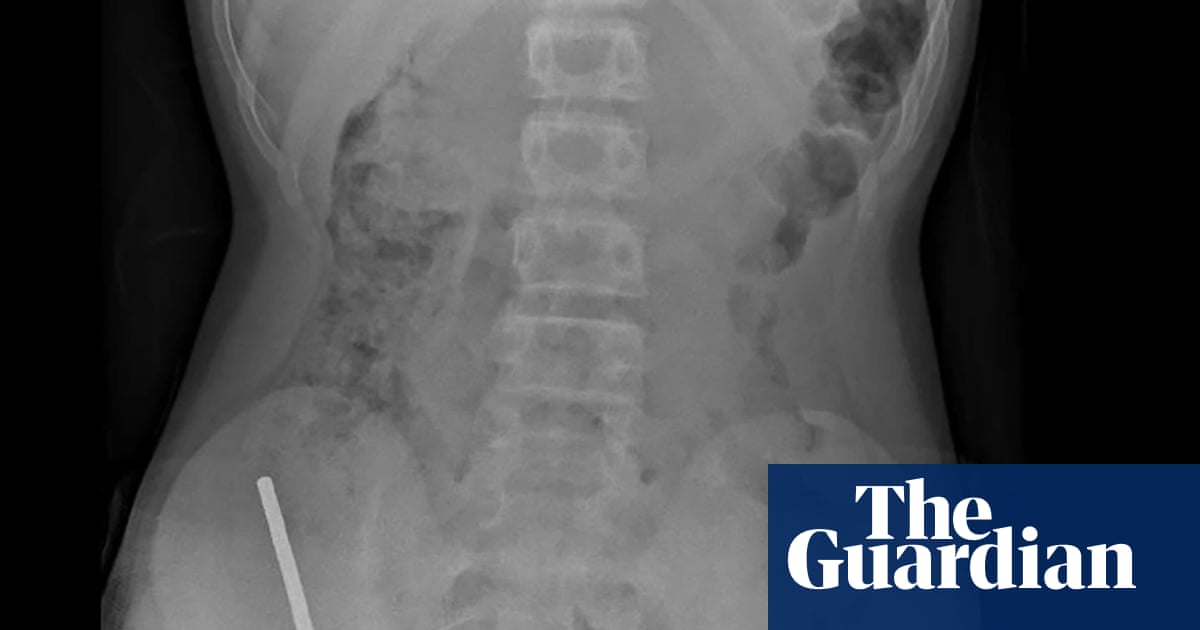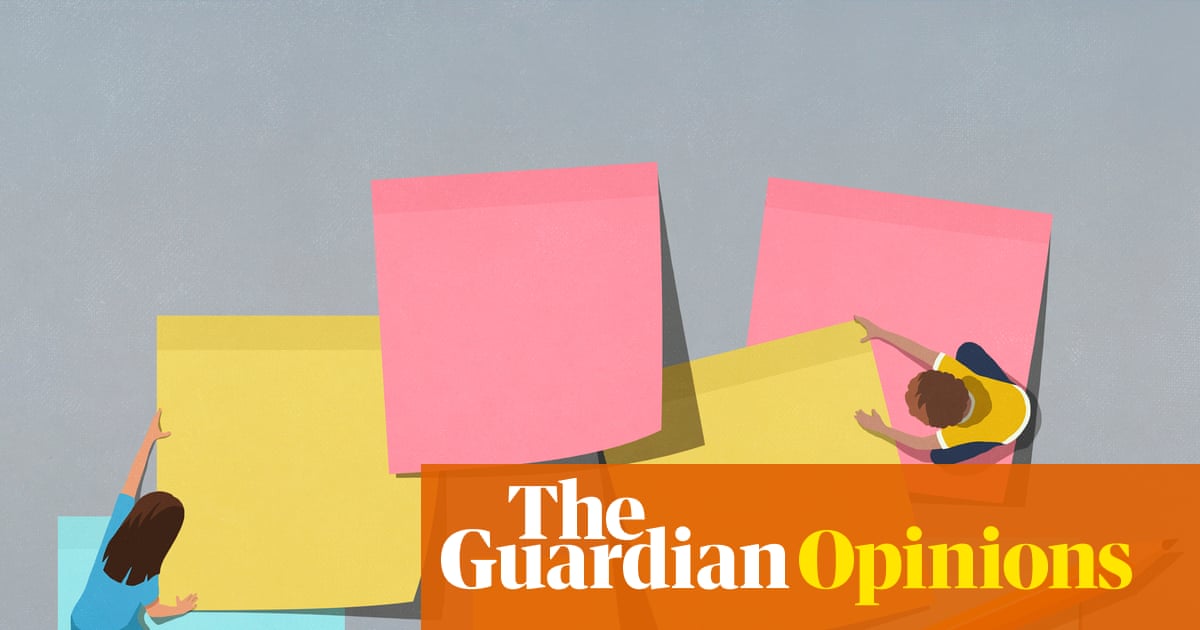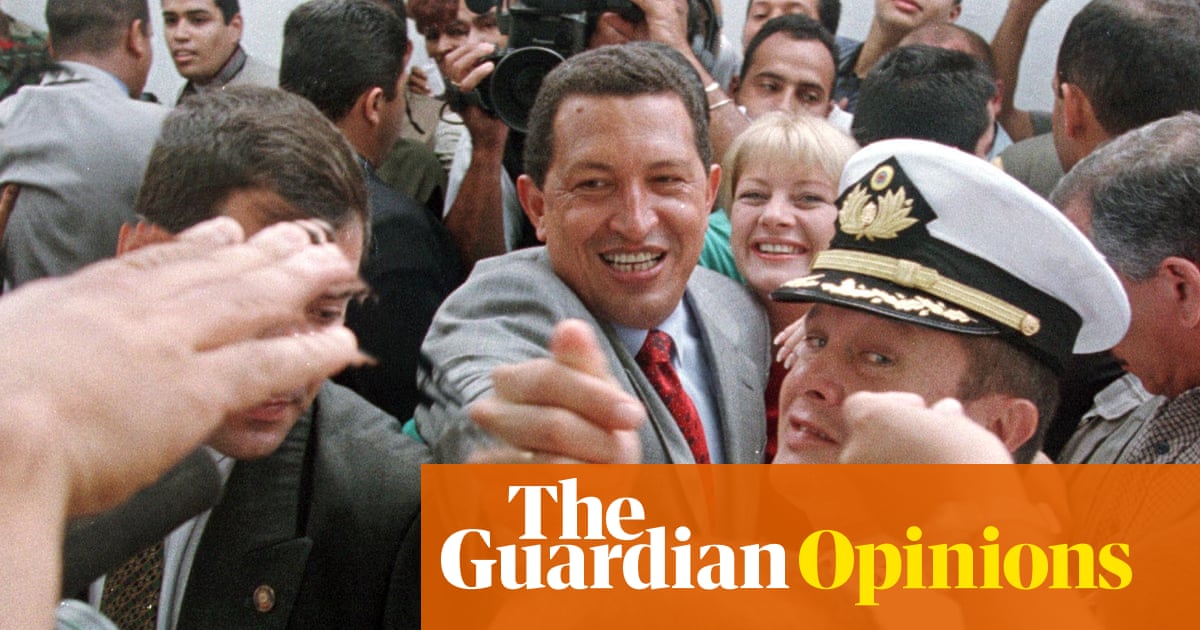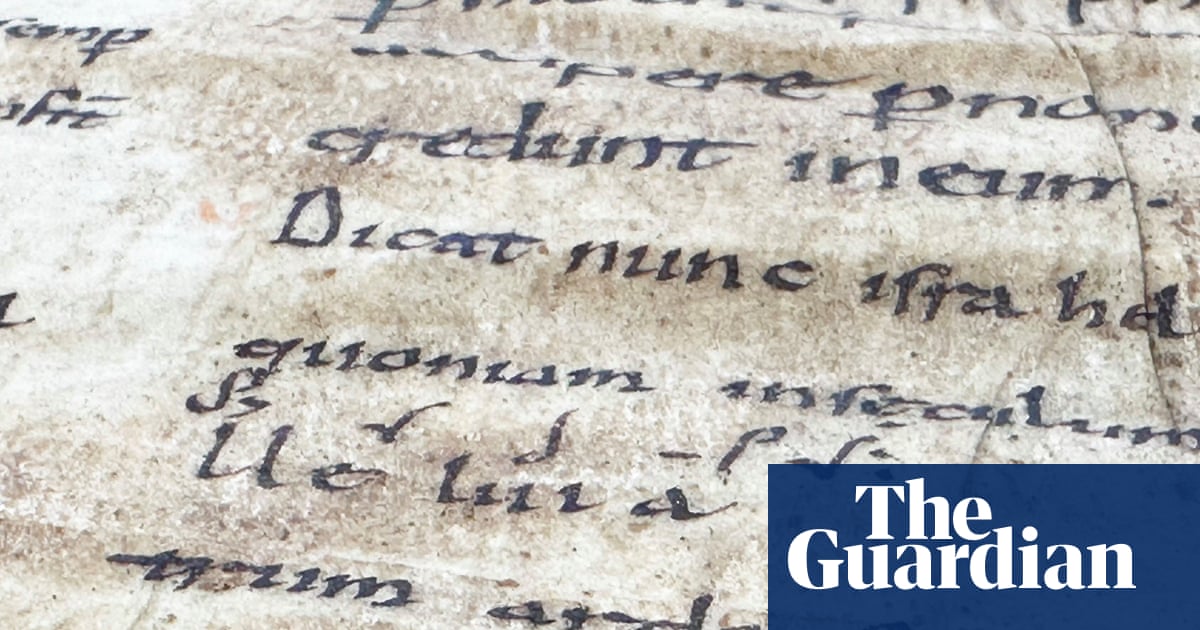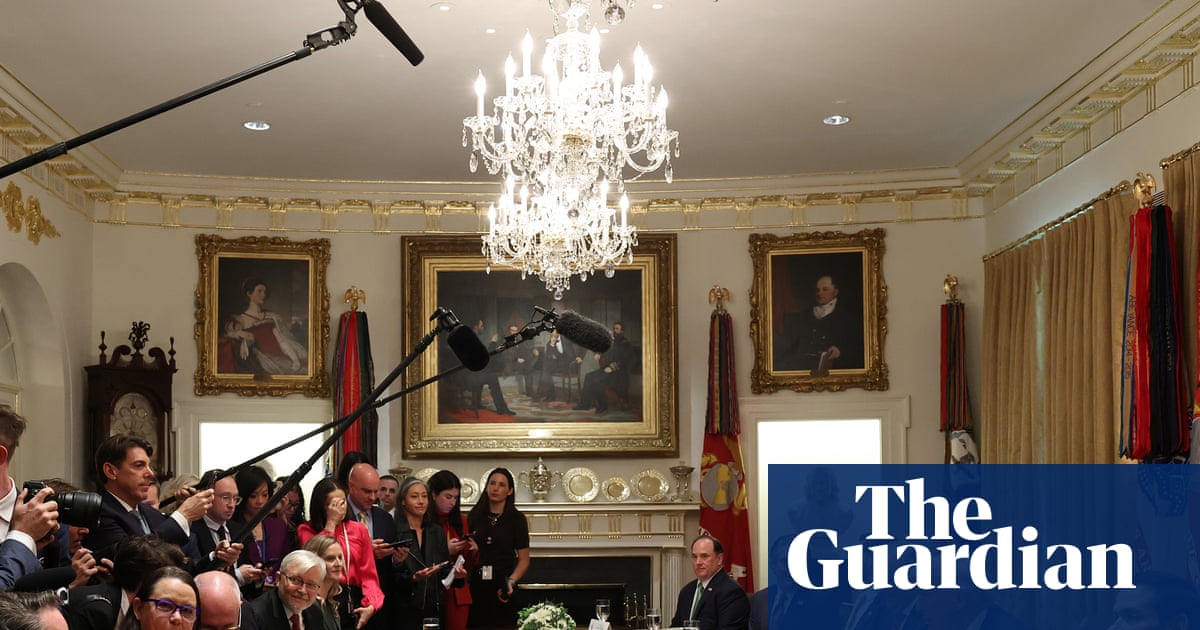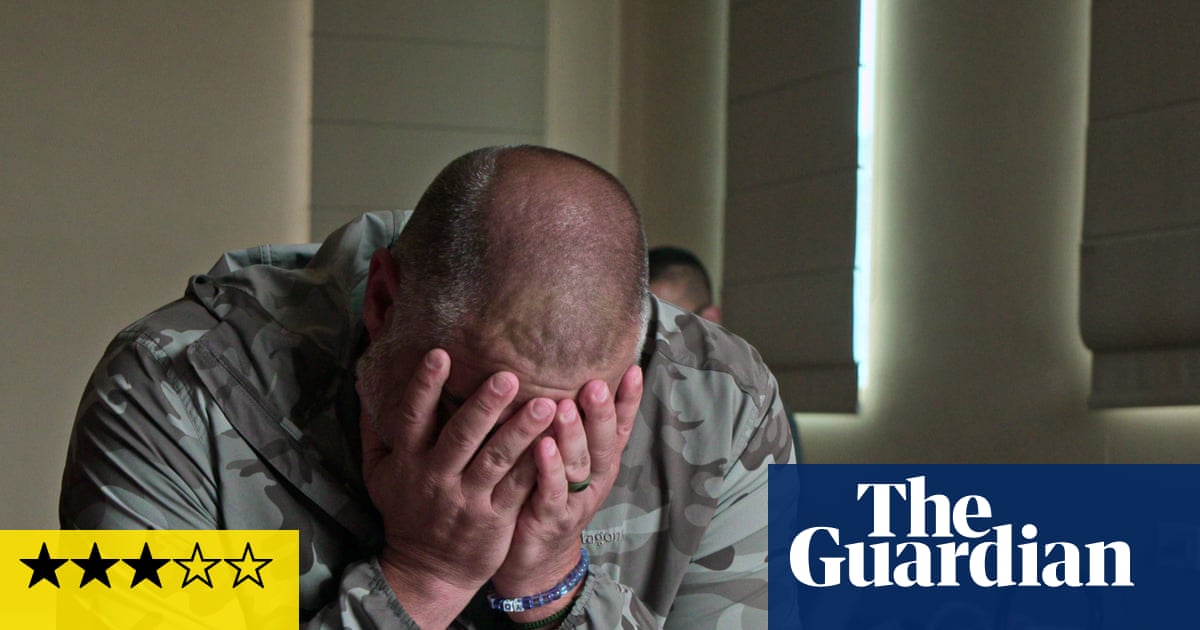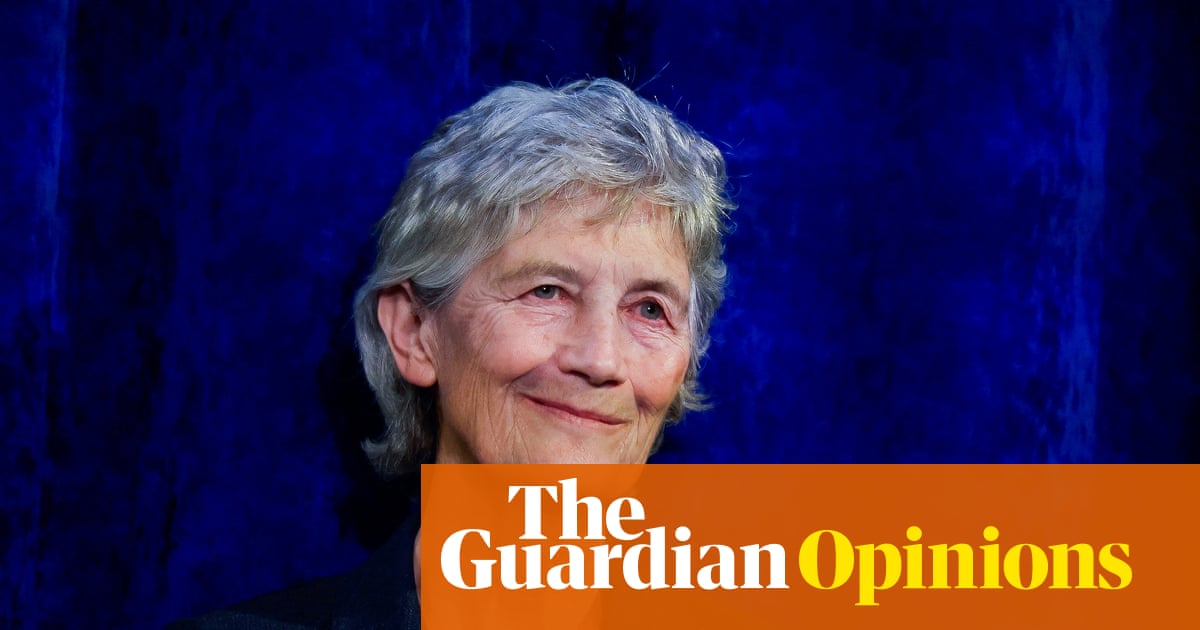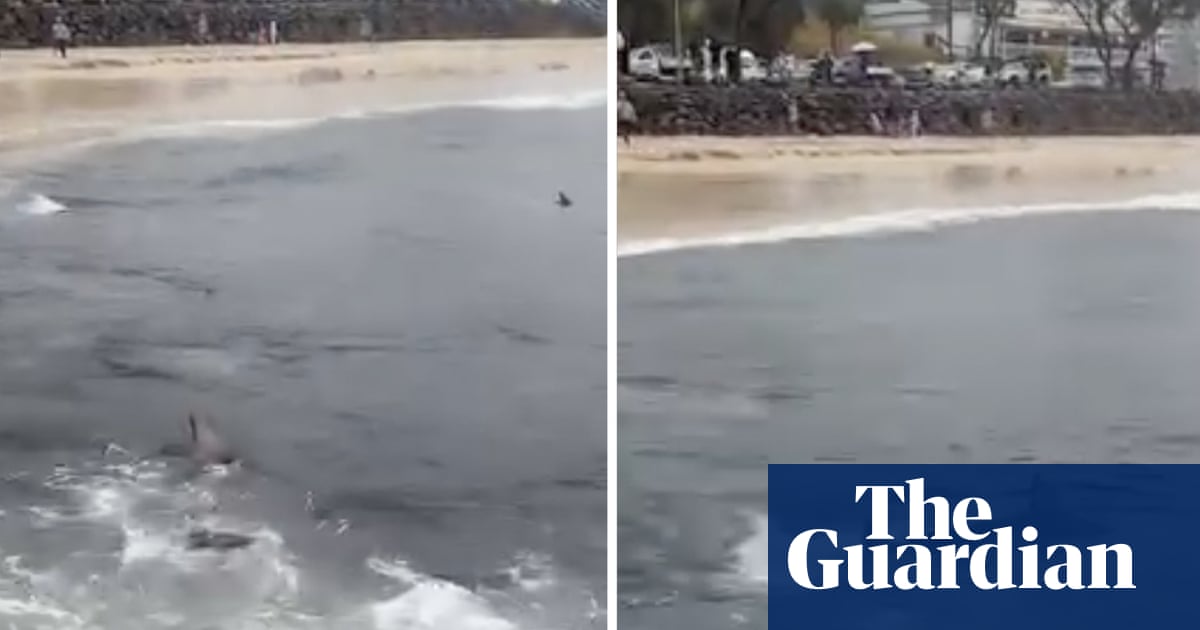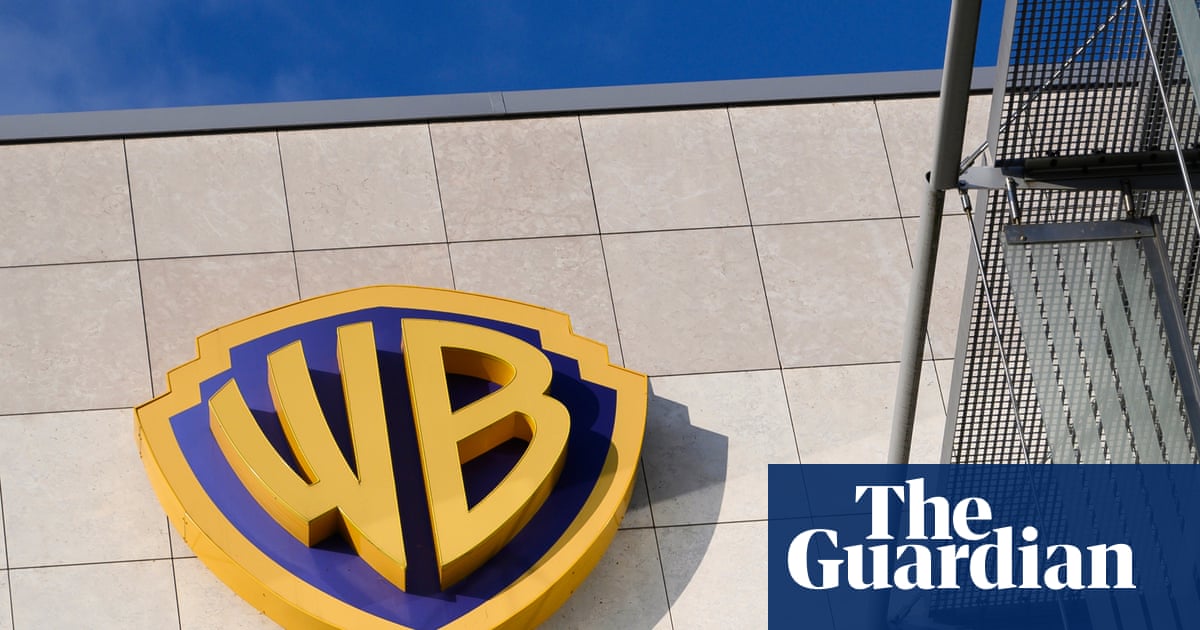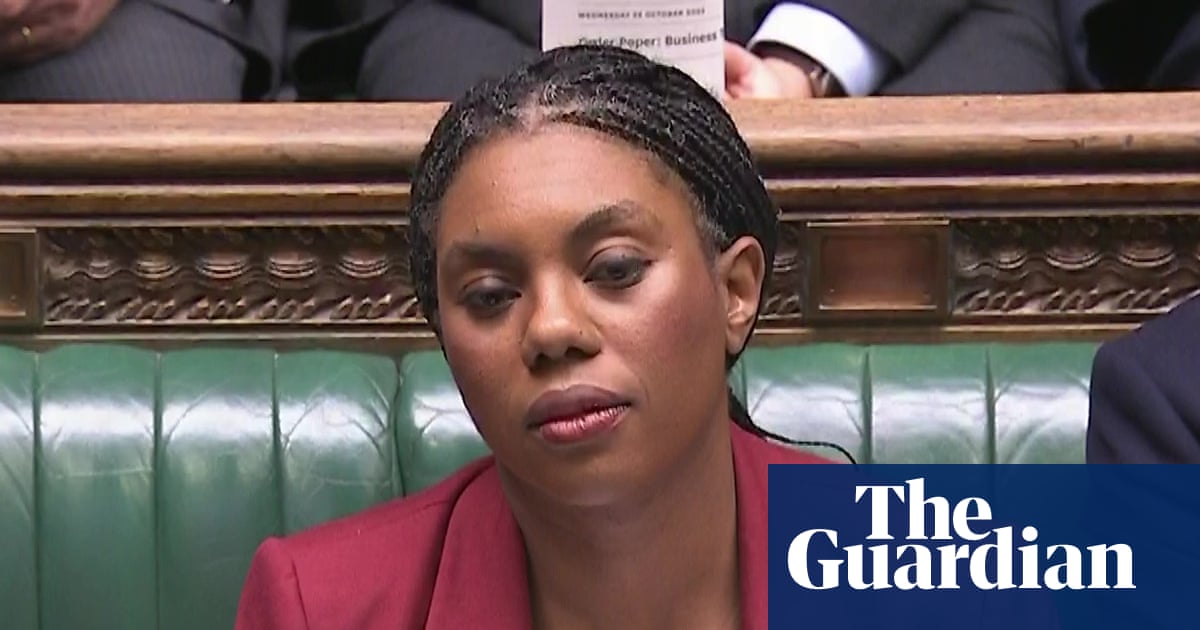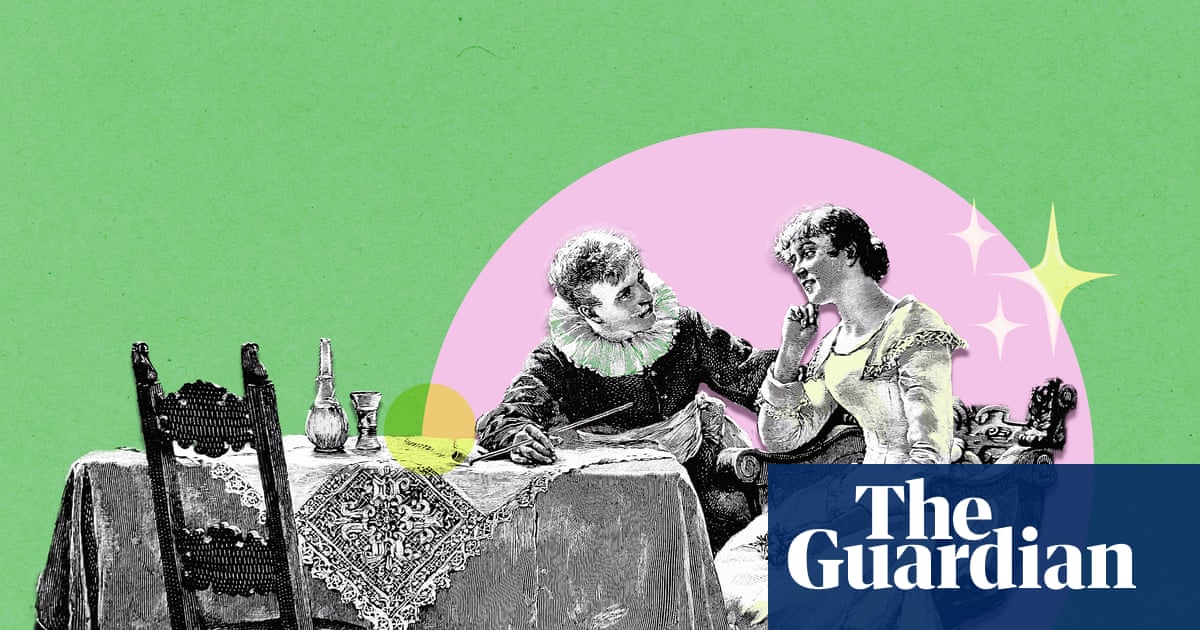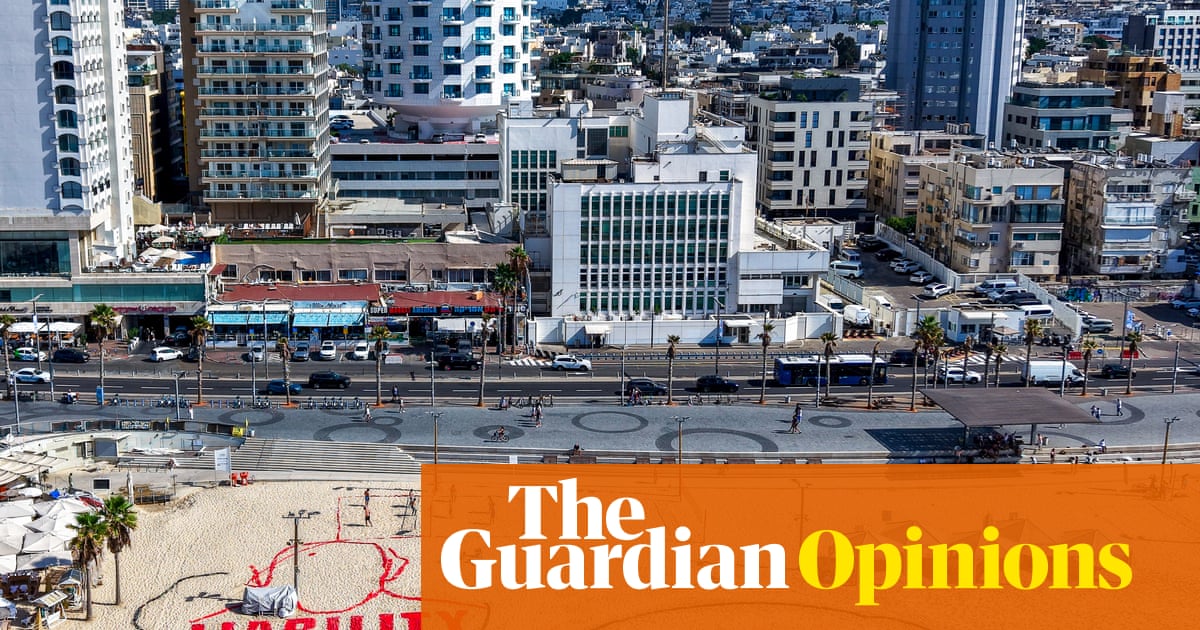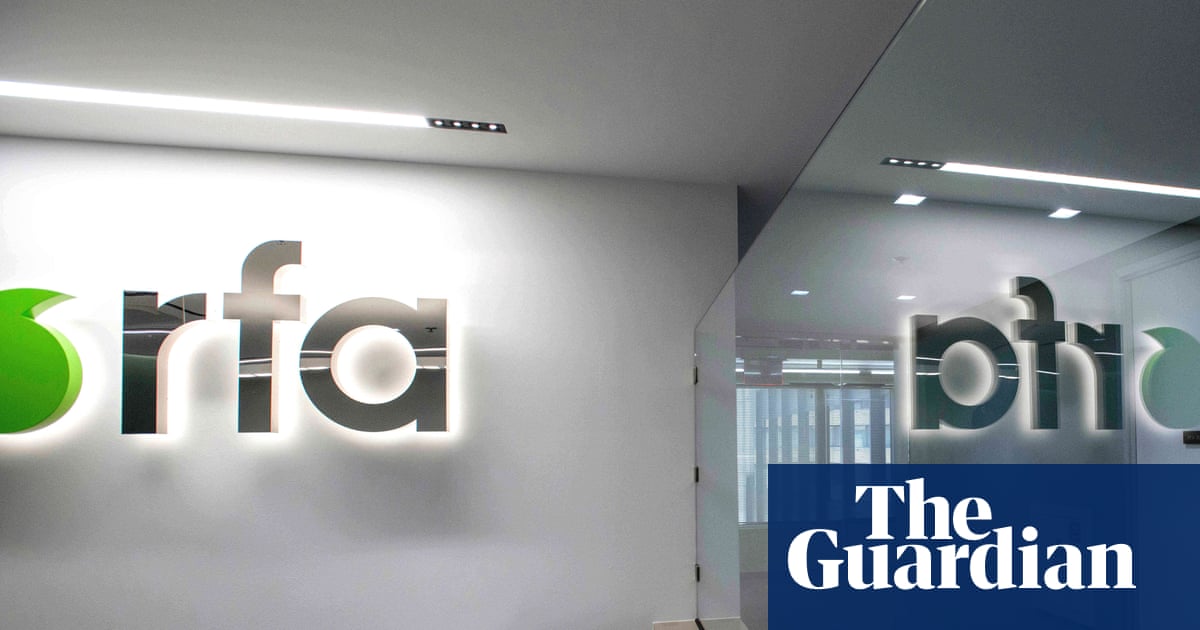-
Location Halabja, Iraq
-
Disaster Wildfires, 2025
Bilal Mukhtar is a teacher living in Halabja, in the Hawraman region of Iraq’s autonomous Kurdistan region. Wildfires are breaking out here with increasing frequency, caused by natural events and compounded by hotter and drier weather. Iraq is experiencing its worst drought in nearly a century. Climate change makes drought and wildfire in Iraq more likely.
The 17th of August. That was the day the fire started. Ari worked in a kebab shop. After he came back from work, he had a shower. He lives with Mum and Dad and another sister, she’s still at home. He took a shower and he took his bag and he went to the gym because he was a very sporty person. Before he started to workout, he got a phone call from friends saying there’s a fire that’s breaking out and can you come. So he went.
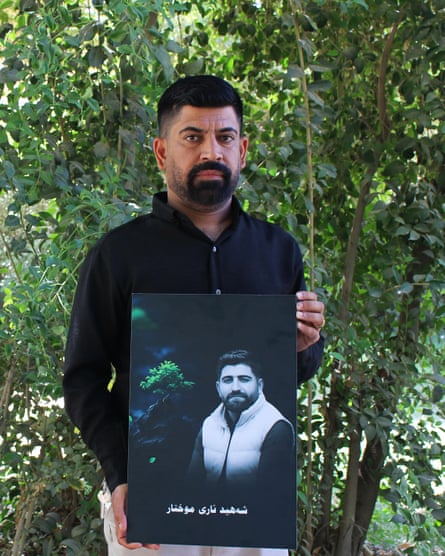
Four years earlier Ari had started an organisation to fight wildfires with his best friends.
They shared their phone numbers around Halabja, saying if wildfires break out, let us know. It’s a traditional thing in Halabja. When something, somewhere catches on fire, the other villagers, other tribes, when they hear the news, we all go automatically to help to control the fire. The communities, they know, the first thing we need to do is take action. We take individual action. We do something about it. And Ari was always volunteering and helping everybody in the community.
We are four sisters and three brothers, and Ari was the third brother. Since he was a child, he was very beautiful. We called him suruspi [white and red] because he had fair hair and green eyes. He was very well loved by Mum and Dad. His brothers and sisters, we loved him. He was always volunteering and helping everybody in the community. Especially guests, strangers, he was loving of strangers too. His love and passion was unconditional towards everybody.
He really loved nature as well. He used to always care about the forests and the trees. He was a bird lover too. He was caring for birds and animals. When he was young, we used to have harsh winters with snow covering everything and it was very hard for birds to find food. He would take his own pocket money to go and buy food for the birds and take it to Hawraman, the mountainous areas, to feed the birds. He used to save food at home to take it out for stray dogs and other animals, cats.
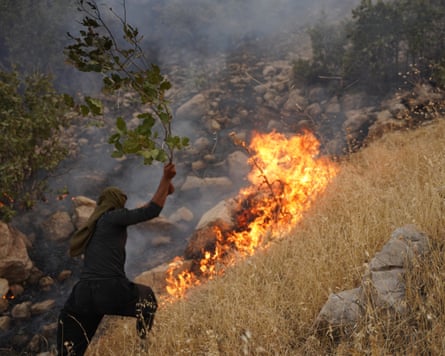
But the fire group had no safety, nothing, no training. They didn’t have safety equipment or even fire resistant clothes. They just did it in the very old-fashioned way like they used to do in the villages; you pick up the big branch of a tree, with the leaves still on, and you beat the flames with it. That’s the main way of putting out the flames. The only machine they use is a blower which runs on petrol. They are fairly commonly used here to put out fires. It is really a leaf blower in a backpack, with the fuel tank incorporated. You use it to prevent a fire from spreading by blowing the flames back.
They had fought many fires. A couple of times Ari got injured, he got burned by wildfire, but he hid it at home. He didn’t want to let the family see it because he was worried we would try to stop him from doing this kind of work, and of course he didn’t want to cause us stress or worry.
I was always begging him, as a big brother, saying: “Please be careful with yourself, you don’t have the right equipment.” He said: “How can I see birds actually get burned and dying? I’m not more important than them. I need to be there for them.”
This time the fire was near a village called Mordin, not far from here, 45 minutes. It’s a gravel road. You go by motorbike. In that area there is no phone reception.
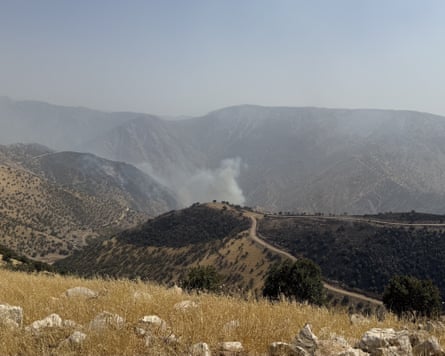
I was looking at social media and there was news about fires breaking out in this area and my heart sank. I just had a feeling, where is Ari? I called him. His phone was off. I felt it in my heart that something was going to happen to Ari.
My uncle called me. He wanted Ari to take him to a place where there is a sulphur spring that’s good for your skin, but Ari was not answering his phone. I said: “Yes, I’ve been trying to call him and he’s not answering.”
About 7 o’clock, I checked social media and saw the news: “Ari’s been burned, but please, all of us, let’s pray for him because he’s still alive.” His friends called me, they said: “Something happened, but don’t panic, he’s still alive. It’s not that severe.” But I was really worrying because they were taking him to Sulaimani’s emergency hospital, not to our local hospital, and I knew that meant it must be really serious.
I got to the hospital, I nearly went crazy, asking, where’s all the doctors, why are they not around? But they had already given up. They told us that 95% of his body had been burned. He had been suddenly surrounded by flames. His blower device caught on fire, and it burned his body. His burns were severe, 95% of his body. There was no chance he could survive.
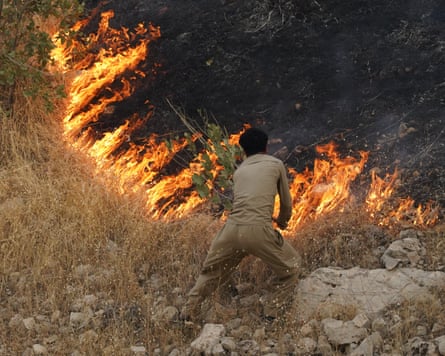
The doctors explained that he would stop breathing soon. And he did. I spoke to him for a few minutes and he died. At 11 o’clock at night, he stopped breathing.
I keep remembering how, just the night before, we’d all gone to visit my family, my mum and dad, with my wife. We stayed until midnight, one in the morning. We had such a beautiful night. We were trying to convince Ari to get married, saying you are the only one left and you are such a beautiful brother and so get married, get married soon. It was very hard to convince him to get married, but that night was a beautiful, perfect night because he decided to get married. And we said, OK, December we will have a wedding and everybody was planning, I’m buying you this, I’m buying you that.
I would give all my life for him to come back again for one second. I would give all my life, all my body just to see him.
His friends have changed the name of their group to Shahid [Martyr] Ari. They say: “Until we die, we’ll fight fires. We are no more important than him, so we are going to follow his path.”
Unfortunately, every year we have one fire after another. If we continue like this, in a few years, we will lose all the trees and forests here. We have these beautiful forests and mountains, but if you go south, like towards Kirkuk, you can tell that the climate is changing, the landscape is changing. If you look at the wave of the drought and the climate change, it’s coming towards us, coming towards the mountainous areas.

If you look at Switzerland, for example, they have beautiful nature, but they have a system to protect it. But here, we don’t protect the beauty, we don’t appreciate the beauty and the system doesn’t appreciate it and doesn’t do anything about it. Unfortunately, if we continue like this, we’re going to keep facing even more fierce wildfires and we’re going to lose all our beauty.
We never used to use a cooler, air conditioner or anything like that. We used to live sleeping on the roof. As far as I’m witnessing, the planet, this area is ending. We’re dying, basically. Even in Hawraman you cannot sleep outdoors. You have to have a fan or something outside.
About the series
This is climate breakdown was put together in collaboration with the Climate Disaster Project at University of Victoria, Canada. Read more.
Production team
Day by day the climate is changing. We used to get snow 10 times a year back in the day. But nowadays you don’t get snow in the city and you have to go to the edge of the city to see snow just once or twice a year. Cutting down the trees, desertification is causing a lot of uncertainty like this, fierce events. Nothing’s normal any more.
Before losing Ari, I never thought that one day I’m going to lose the taste of life. Now I don’t care any more, if I die now. Nothing is nice any more, there is no excitement at all. I was not ready to lose him. It changed everything.
Mum and Dad, they lost the flavour of life. Dad’s really suffering. Every day he goes to the graveyard to pray and come back. Even at home, a million times he’s praying.
Life’s never going to be the same now he’s gone. That’s it. It’s all over now. It’s never going to be the same for any of us.
-
Design and development by Harry Fischer and Pip Lev.

 3 months ago
50
3 months ago
50
